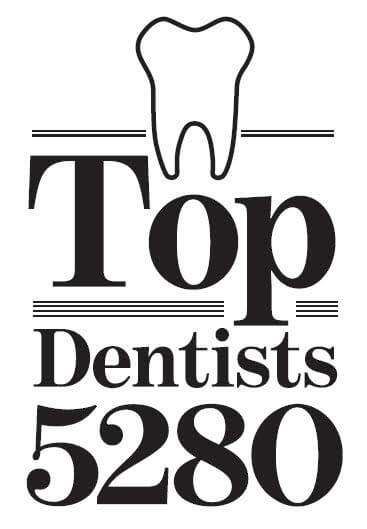
Does your mouth constantly feel like a desert? Chronic dry mouth, also known as xerostomia, is a condition that occurs when your salivary glands are not functioning properly. We all experience occasional mouth dryness (such as when we are nervous or after waking up), but xerostomia is a serious condition that can cause chronic oral pain, bad breath, and an increased likelihood of tooth decay and gum disease. But before jumping to the conclusion that you have chronic dry mouth, consider whether you are drinking enough water throughout the day. Dehydration is one of the most common causes of mouth dryness! Then, read on to learn about a few signs and causes of dry mouth.
Indicators of Dry Mouth
Constant Thirst
It’s normal to be thirsty after athletic activity or when you wake up in the morning after sleeping! If you are drinking enough water to be hydrated and still constantly feel thirsty, you may be experiencing dry mouth.
Mouth Discomfort
When your saliva production is limited, it throws the entire function of your mouth out of whack. Normal salivary production helps wash teeth clean of food particles, aids in digestions, and helps break down bad bacteria. But when you’re experiencing dry mouth, your breath may smell foul and your mouth may have a persistently sticky or chalky feeling.
Cracked & Chapped Skin
Dry mouth can also lead to dry, chapped lips and cracked skin inside your mouth. If you notice a sudden change in the hydration of your lips or if you develop painful cracks in your mouth, you are likely experiencing dry mouth.
How to Treat Dry Mouth
First, we need to determine the cause of your dry mouth. Many times, dry mouth is a result of dehydration, smoking, or excessive alcohol consumption, for which we recommend drinking more water, quitting smoking, and limiting alcohol, respectively. On the other hand, dry mouth is a common side effect of many medications, and a symptom of certain health conditions, such as thrush, stroke, HIV/AIDS, Sjogren’s syndrome, or oral cancer. Working with your primary care physician, we’ll take into account your oral health history, medical history, and lifestyle habits to pinpoint the reason for your mouth dryness. Our treatment recommendation may include something like a mouth rinse specially formulated to combat dry mouth or a lubricating mouth spray that simulates the feeling of saliva.
Consult with Our Expert Team!
To ask our team any questions about your oral health or to schedule an appointment at our office, contact us today.
Contact Us


